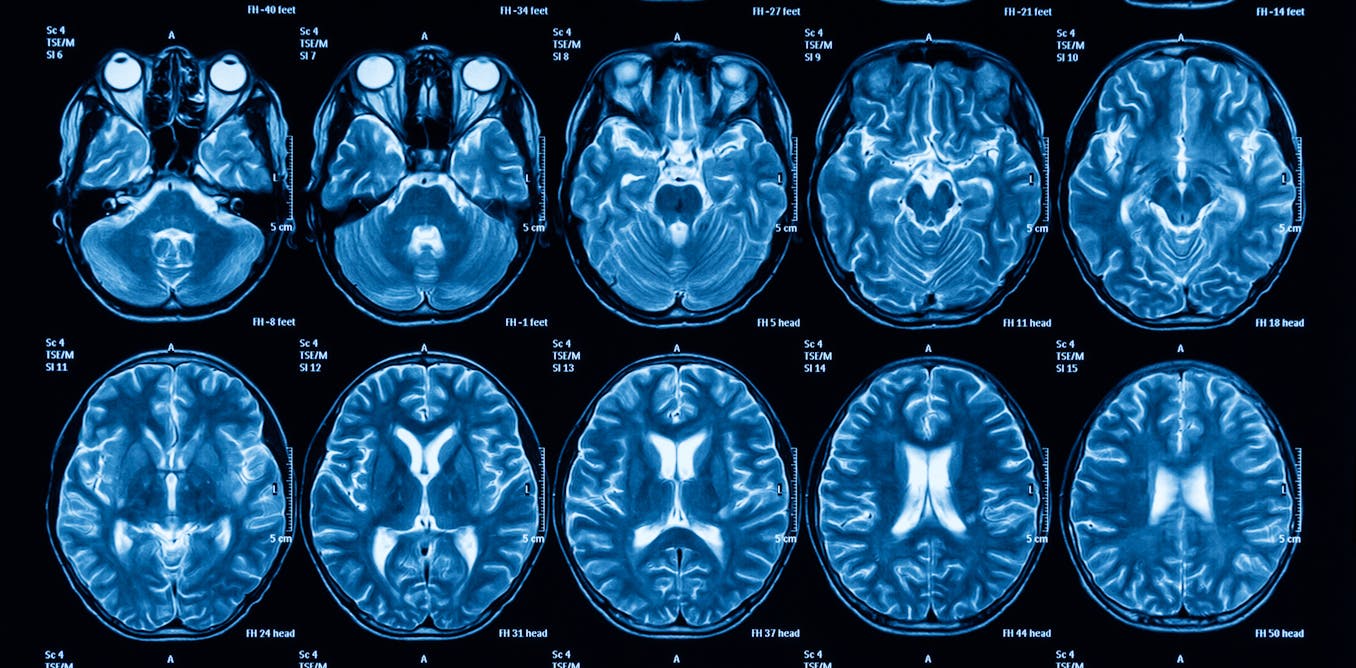A taste for sweet – an anthropologist explains the evolutionary origins of why you're programmed to love sugar
If you ever feel like you can’t stop eating sugar, you are responding precisely as programmed by natural selection. What was once an evolutionary advantage has a different effect today.
Stephen Wooding, Assistant Professor of Anthropology and Heritage Studies, University of California, Merced •
conversation
Jan. 5, 2022 • ~9 min
Jan. 5, 2022 • ~9 min




